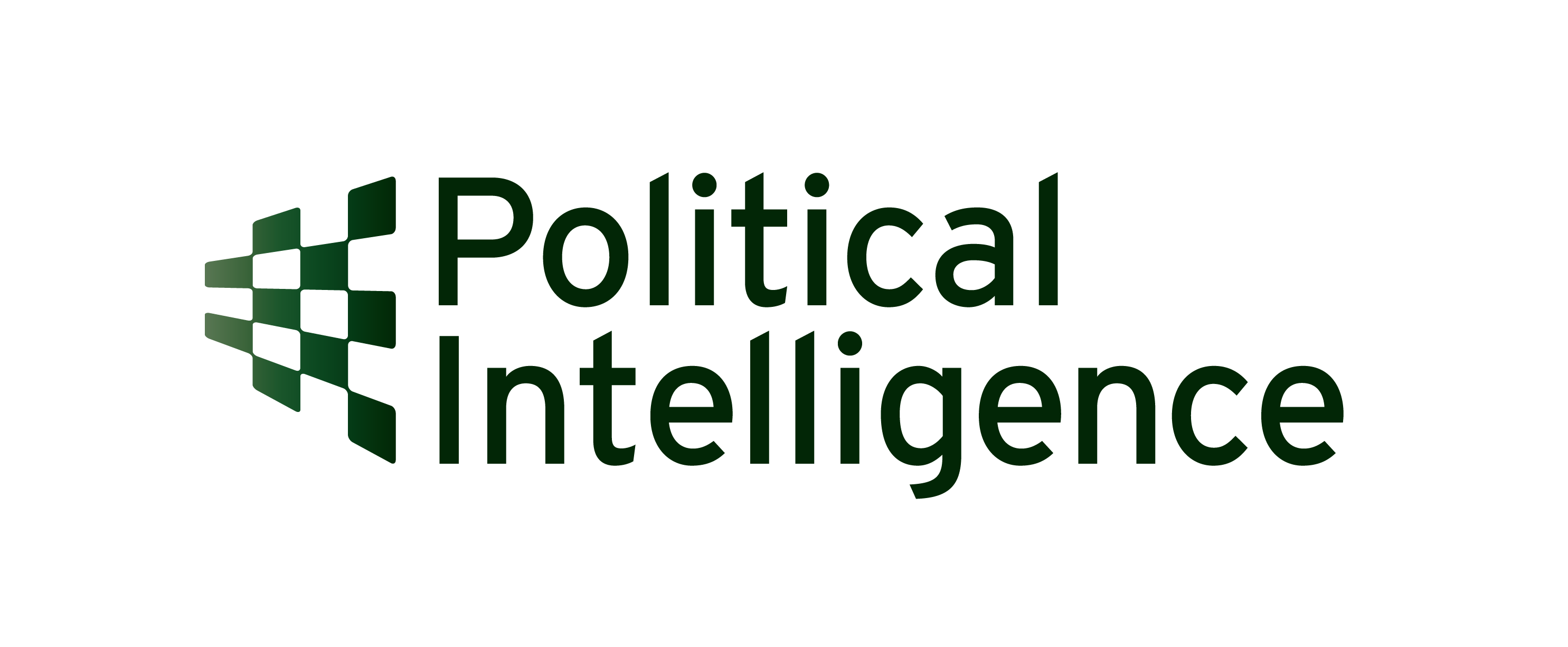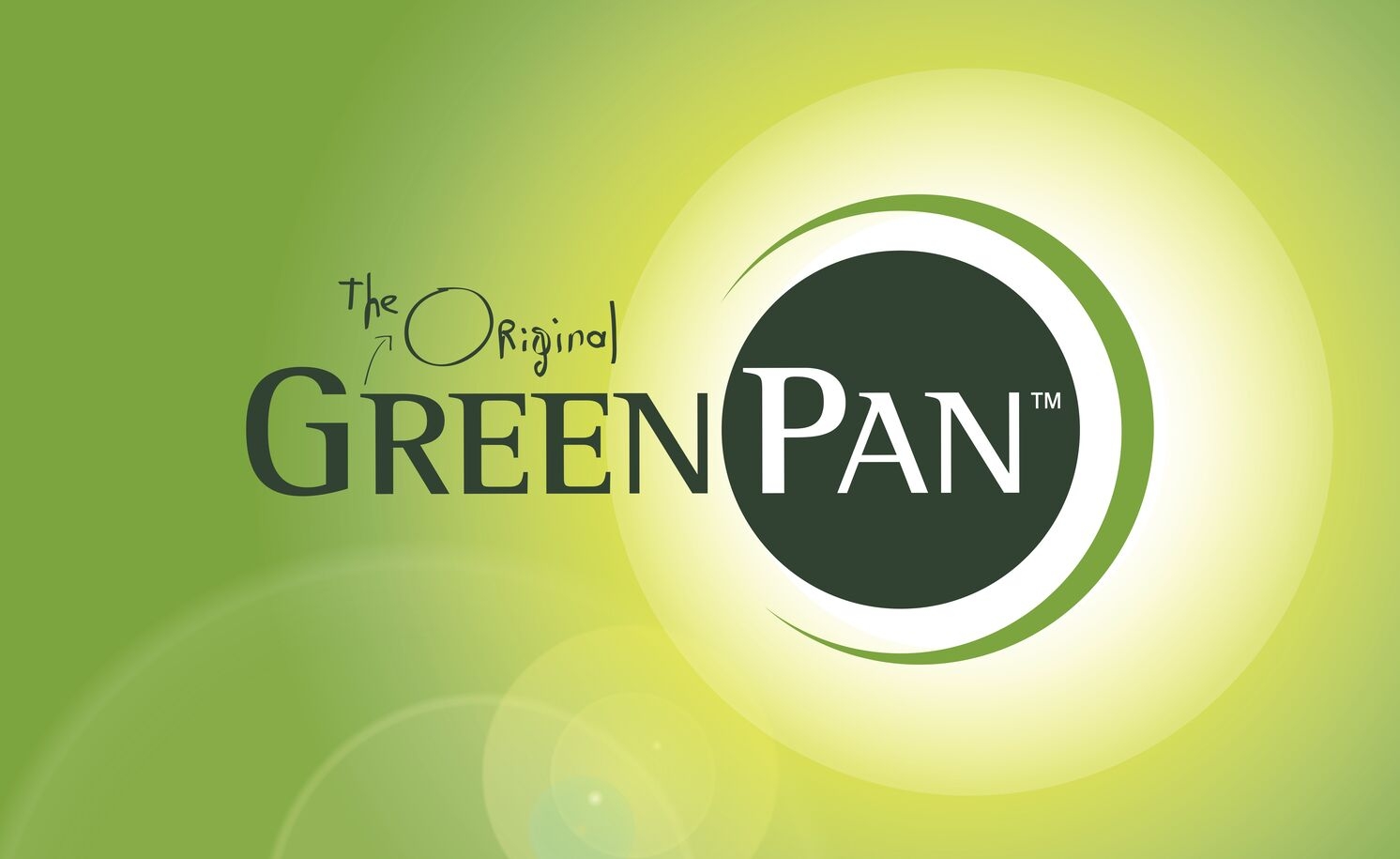The story of a young family caregiver

Livia and Magda are two very different characters, but two women with a clear vision of what they want. At the same time, they have also had to lean on each other, not only during Magda's breast cancer journey, but also before. 13 years ago, Livia's dad died of a brain tumor. Livia was then 17. The medical merry-go-round doesn't stop there. Because Livia's step-dad, with whom Magda is then together for several years, will also die just 6 years later, from the effects of esophageal cancer. "I have so much respect for my mom how she handled that," Livia echoes.
Just before the covid crisis, Magda herself received a breast cancer diagnosis. For the third time, she finds herself on the rollercoaster that cancer brings. And for Livia, it is already the third time she may have to let go of a parent, or parent figure. Livia and Magda are not the archetypal image of mother and daughter who are two hands in one, not best friends. But they do tell each other a lot. "So I knew Mom would go for checkups, because she does that regularly," says Magda. A good choice, because she didn't notice much of the ductal carcinoma lurking in Magda's breast at the time. "When she called to say something had been found, I honestly thought she was dying, although I didn't tell her that at the time. It could be anything, but you think the worst." As it turned out, it was indeed a malignant, but not metastatic cancer. The kind of breast cancer Magda has has excellent cure rates.
Livia does not go straight to her parents' house; she lives about forty minutes from her mother. However, she does go with her to medical appointments. Because Magda's carcinoma is well encapsulated, surgery is scheduled. "The breast was completely emptied and reconstruction followed immediately. That was intense, though, and we were warned about that."
Magda did receive good home nursing care, but Covid had just struck and so help was limited. Then Livia makes a radical decision. She is able to do most of her work from home and moves in with her mother. "Not for the medical side, but to cook, do laundry and so on."
Livia is on the autism spectrum and also has a diagnosis of ADHD. Just moving out of your living environment and taking care of someone else is not easy for her. "Mom is a big blabbermouth, she talks a lot, she's very direct. I need a lot more time alone to recover. We weren't used to that anymore, but when I need a moment to recover, I go and read a book. And then I was also very clear about that: it's a bit much for a while, I'm upstairs reading."
"In terms of Covid, I was a lot stricter than my mom. She would sometimes let friends in, while I followed the rules very carefully. If I had contact with a friend who turned out to be a covid risk, I would lock myself in my room and make sure we could live safely together. Then, for example, I would do laundry at a time when my mom was not in the room."
"It was all a lot," Livia admits. "Because I was still working full-time myself and wasn't used to taking care of my mom on the side. My paternal grandmother passed away at the same time. That was not unexpected, but it didn't make me happy and I also had to take care of those practical things, because I am the only 'representative' of my father there. After that week I stayed home sick for a week anyway. It didn't work out for a while."
After six weeks, Livia returns home and Magda is able to cope again.
Looking back, Livia states that there was certainly not all the time talking about breast cancer. "There was also a lot of space to talk about other things, completely unrelated to the breast cancer. We benefited a lot from that. Mom, but me too. Besides, you don't want to talk about it all the time. If it's cozy, we like to keep it that way."
For Livia, it was a tough period. "Because I had already been on a psychiatric course for my ADHD and autism, I was already under counseling. Shortly before Mom's diagnosis, I had started an antidepressant," she explains. "It may have taken the edge off. In the moment, you are somewhat lived with, even as a caregiver. You also quickly go over your limits and it also feels like you have no other choice. You have to go on, it's not as if you have the option of not caring for food or skipping an appointment. And you are aware that you are not sick, so for the patient it is much worse. It's only afterwards that you can think a little bit clearly. So we definitely could have brought in some more outside help for practical things."
Fellowship contact is also an added value for those around cancer patients, Livia believes. "If you go through something serious yourself, then you know a little better how to deal with it if someone else also has to go through it. You are often even more flexible towards them than towards yourself: I would immediately tell a colleague whose mother is sick to stay home and recover for a while, while I did not do that myself. Although that is a bit relative: people's carrying capacity is very individual. I also had something to gain from working, only afterwards I realized that a little more leave would have done me good. Around that time there was also a colleague who stayed home for two weeks because her kitten had died. That's very bad, but at the time I still would have liked the recognition that a cat and a human are not necessarily the same thing. Then I may sympathize very hard with you: it's still something else."
Excerpt from Livia and Magda's testimony, Embraces, Pink Ribbon 2024

.png)












.png)
















